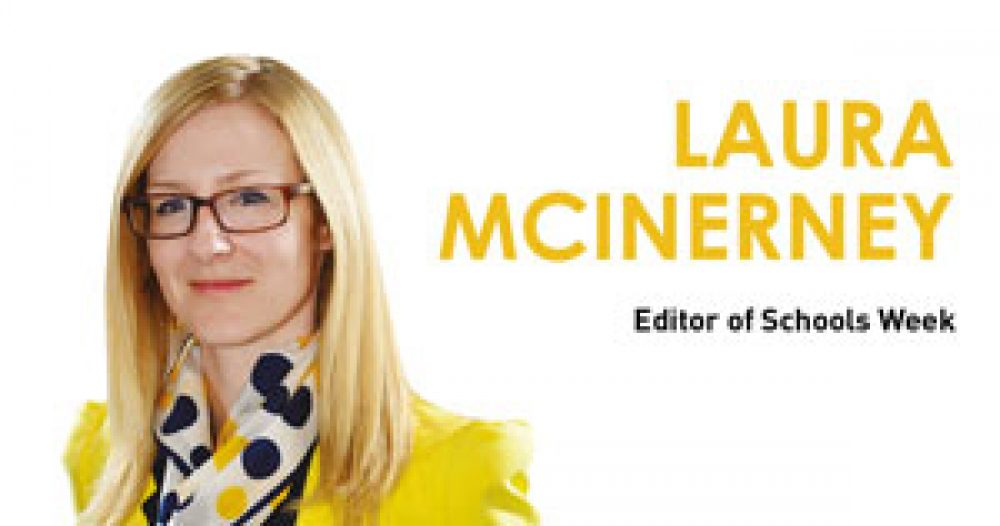For the past two years Schools Week won love for publishing annual tables of schools getting great outcomes for pupils from lower-income families. But this year we have changed course. Editor Laura McInerney explains why.
I’m going to make a confession. The award-winning Schools Week ‘disadvantage league tables’, which we first published in January 2015, highlighting schools where a high proportion of pupils are on free school meals but nevertheless get great results, was a bit of an accident.
It was our first year of operation and we didn’t really know how to access the information, what would be in it, how the press normally acted, and so on. We also got the data about four hours away from our publication deadline, on a day when we had several members off sick.
Hence, we looked at the enormous mass of data and thought: if we have time to do one thing, what really matters? It seemed a no brainer to focus on whether or not a school was delivering for poorer pupils, who historically had worse outcomes.
So that’s what we did. And, happily, the narrow focus paid off. It appeared to be the first time a newspaper had used the league tables to praise schools toiling in unglamourous circumstances.
We repeated the endeavour last year and, again, won some love for it. But we had a creeping sense of unease.
Further digs on data would reveal that some of the schools were, perhaps, more selective than we had first realised. Or had higher attrition rates than expected. And then our investigation into the use of qualifications designed to quickly boost a schools’ performance made us wonder if the tables really reflected better outcomes.
Enter the Progress 8 era
This year we also had the added complication of Progress 8 – which is a great measure for levelling the playing field and taking into account pupil starting points, but is a little noisy and makes it hard to compare individual schools to other individual schools.
So, this year we decided to look at flagship school types and see how they are helping poorer pupils (i.e. those from low-income families, eligible for free school meals) progress in their learning.
We looked at the progress rates of free school meal and non-free school meal pupils in: free schools, UTCs, studio schools, and selective schools. We also looked at outcomes on the EBacc, where relevant, as this is a measure the government has pushed as being important.
In each case we picked out one or two schools who seemed to have the most positive scores and highlighted them, but avoided writing tables. Think of these commendations as a merit badge, rather than a rank, if you will. We are aware it is caveated and that picking out one outlier does not necessarily mean others shouldn’t also be there.
A note on the word ‘poorer’
Some readers do not like us using the word ‘poor’ or ‘poorer’ to describe pupils. I understand that. But it is what the “free schools meal” measure is pointing up. If a child is eligible for free school meals it is because they are in a household with a low income. That means a (financially) poorer family than others.
We mean it purely as a financial term, not a pejorative one. Indeed, we use it to avoid being pejorative about family life.
The official government label in the data for being on free school meals is “disadvantaged”. But this drives me daft. It is entirely possible to grow up in a family with little cash and yet have bundles of advantages: wonderful parents, for example.
Hence, we tend to use “poorer” and “low-income” in headlines, or when first introducing concepts, although we do sometimes mix it up with disadvantage or ‘free school meals eligible’ where things are getting staid.
READ: Our investigation into progress of pupils at flagship schools








This article reveals how simplistic it can be to judge schools on raw data alone. The headline results can hide such things as an intake skewed to the top (or bottom) of the ability range, rates of expulsion, losing pupils between Years 10 and 11, heavy use of equivalent exams.
Progress 8 is fairer than the old system of measuring schools on the proportion of pupils gaining 5+ GCSEs A*-C (or equivalent) including Maths and English but it’s still flawed. P8 results, therefore, should be used with caution.